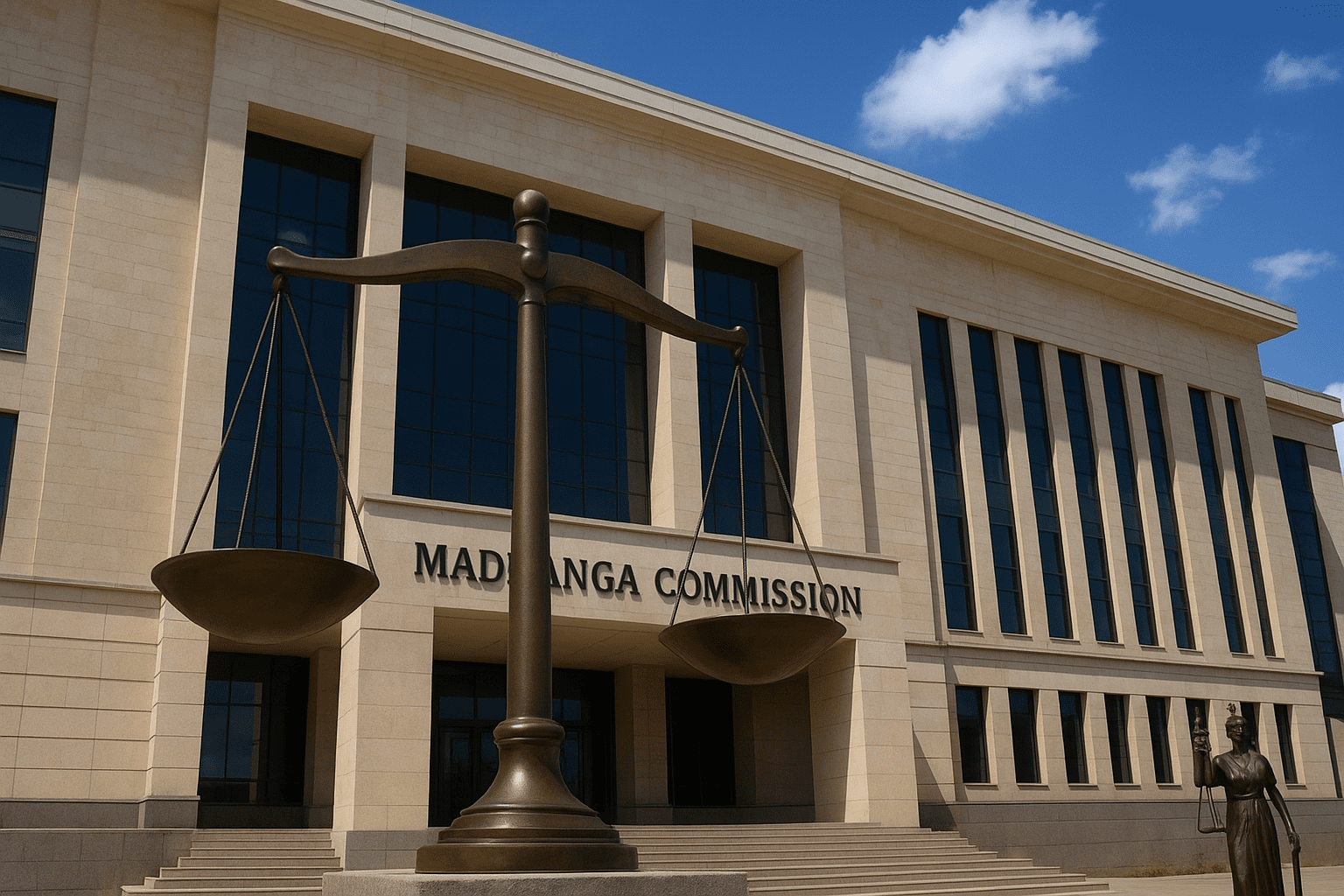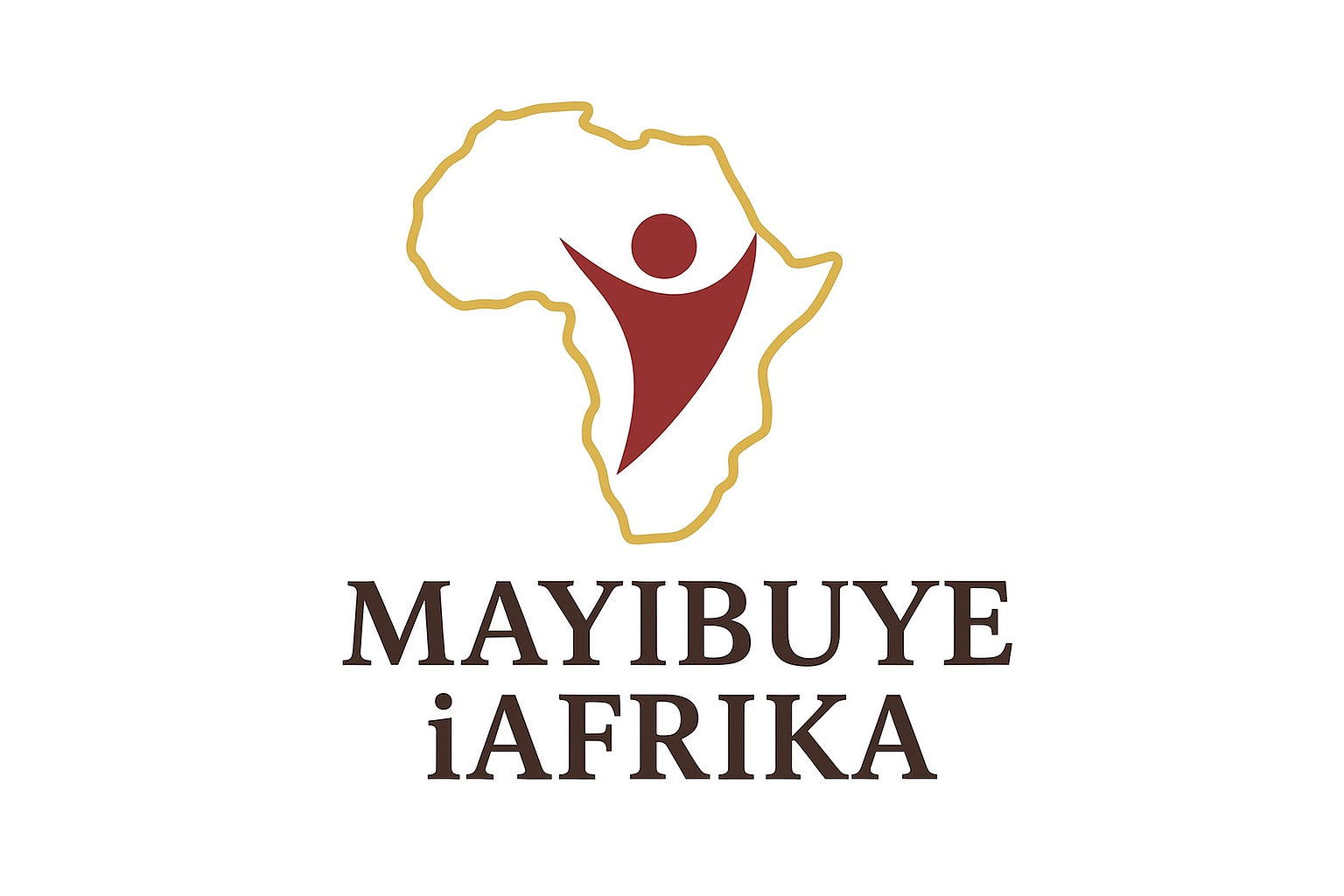Madlanga Commission: South Africa’s Bold Step Against Justice System Corruption
Launch of the Madlanga Commission
On 1 September, the highly anticipated Madlanga commission will officially begin its work in Pretoria, opening a new chapter in South Africa’s pursuit of justice and accountability. Formally known as the Judicial Commission of Inquiry into criminality, political interference, and corruption in the Criminal Justice System, the body will investigate some of the most sensitive issues undermining the integrity of the country’s law enforcement and judiciary. Its establishment comes after years of mounting pressure from civil society movements and watchdog groups demanding a credible mechanism to address systemic failures.
Justice Mbuyiseli Madlanga at the Helm
The commission is chaired by retired Constitutional Court Justice Mbuyiseli Madlanga, a figure widely respected for his independence, legal expertise, and strong stance against corruption. His appointment has been welcomed across the legal fraternity as a sign that the government intends to ensure impartiality and credibility in the process. Justice Madlanga’s track record of upholding constitutional values is expected to bring both rigour and moral authority to the proceedings, qualities that are essential to restoring public trust in the justice system.
A Symbolic Venue in Pretoria
The hearings will be hosted at the Brigitte Mabandla Justice College in central Pretoria, a symbolic venue chosen not only for its accessibility but also because it embodies the intersection of education, justice, and reform. The college, a public sector law school, has been made available at no cost, underlining the commitment to keep the inquiry transparent and resource-efficient. Holding the hearings in such an environment reinforces the notion that justice should be rooted in learning, accountability, and service to society rather than privilege or secrecy.
A Sweeping Mandate
The Madlanga commission’s mandate is sweeping. It will examine allegations of criminality within the justice system, ranging from corruption in law enforcement agencies to political interference in prosecutorial decisions. The inquiry will also address concerns about the capture of key institutions by vested interests and the manipulation of justice for private or political gain. By taking on these core issues, the commission aims to uncover patterns of misconduct that have long eroded the credibility of South Africa’s legal framework. For more insights on global efforts, visit the UN’s anti-corruption initiatives.
Civil Society Support
Civil society organizations, including Corruption Watch, have hailed the start of the commission as a major victory for accountability. For years, activists and advocacy groups have pointed to weaknesses in the criminal justice system that have allowed impunity to flourish. They argue that without a thorough justice reform process, South Africa’s democratic institutions risk further decline. The launch of the hearings on 1 September therefore represents not only a legal process but also a symbolic moment of resistance against corruption and abuse of power.
Investigating Political Interference
Political interference, one of the central themes under scrutiny, has been a recurring challenge in South Africa’s democracy. Numerous reports have highlighted how prosecutorial independence was compromised in past administrations, with senior political figures exerting pressure on law enforcement bodies to protect allies and silence opponents. This has often resulted in selective prosecutions, where individuals with political connections were shielded from accountability, while those outside the ruling networks were unfairly targeted. Such practices not only erode public trust but also weaken the very foundations of justice, creating a perception that laws apply unequally depending on one’s political affiliations.
The Madlanga commission seeks to investigate these patterns in detail, focusing on how political influence infiltrated institutions like the National Prosecuting Authority and the police services. By examining evidence of undue interference in major corruption cases, the inquiry could expose long-hidden networks of influence that shaped prosecutorial decisions for private or partisan gain. Observe




